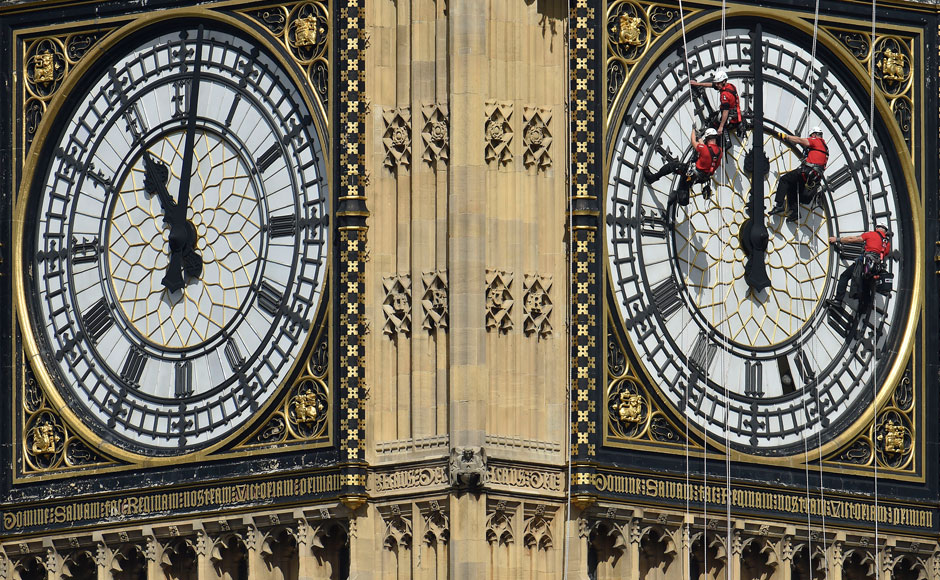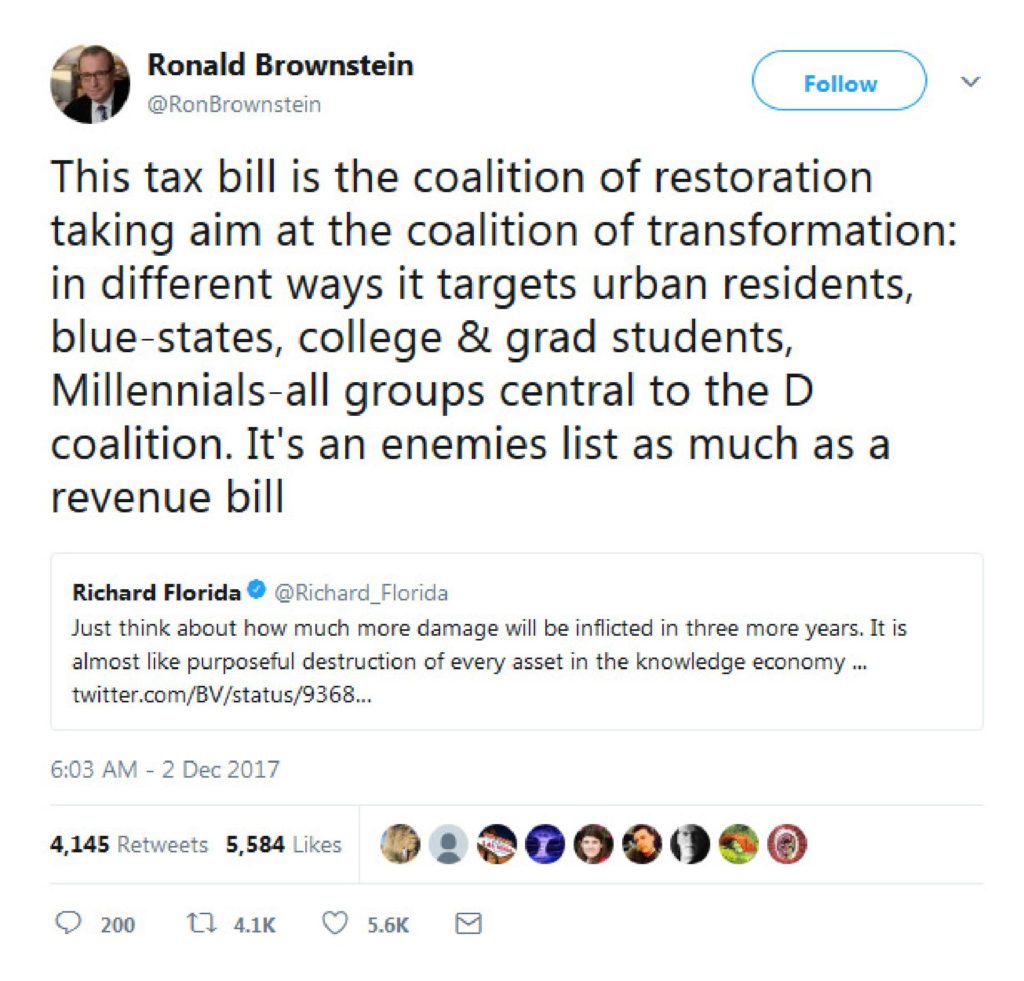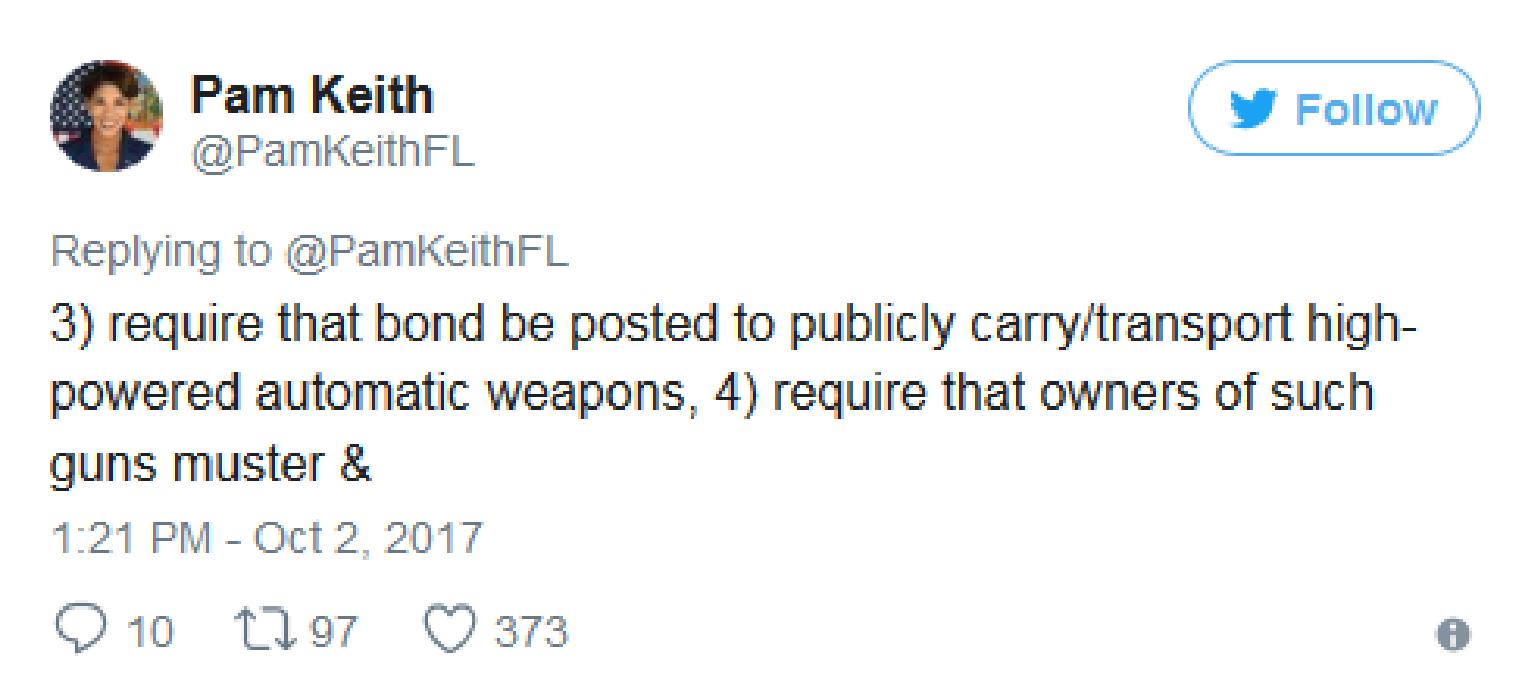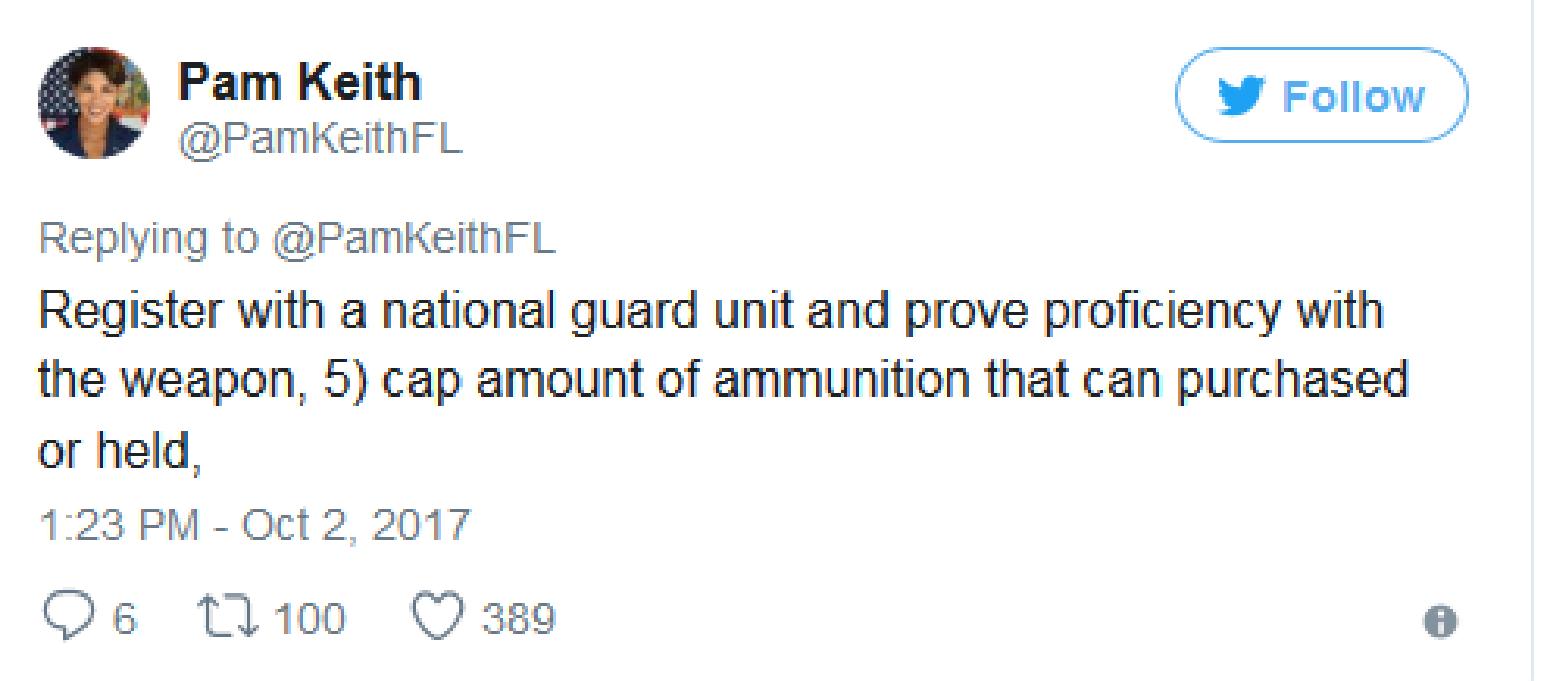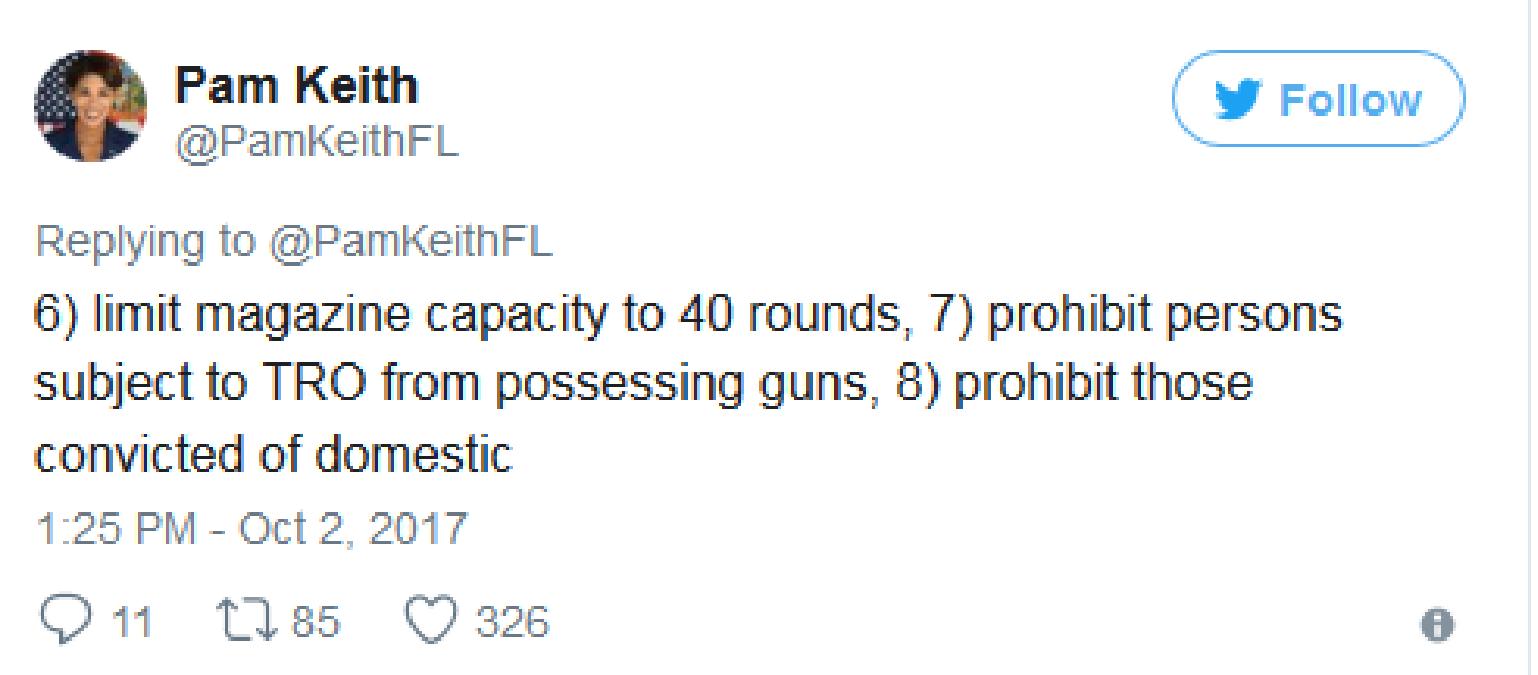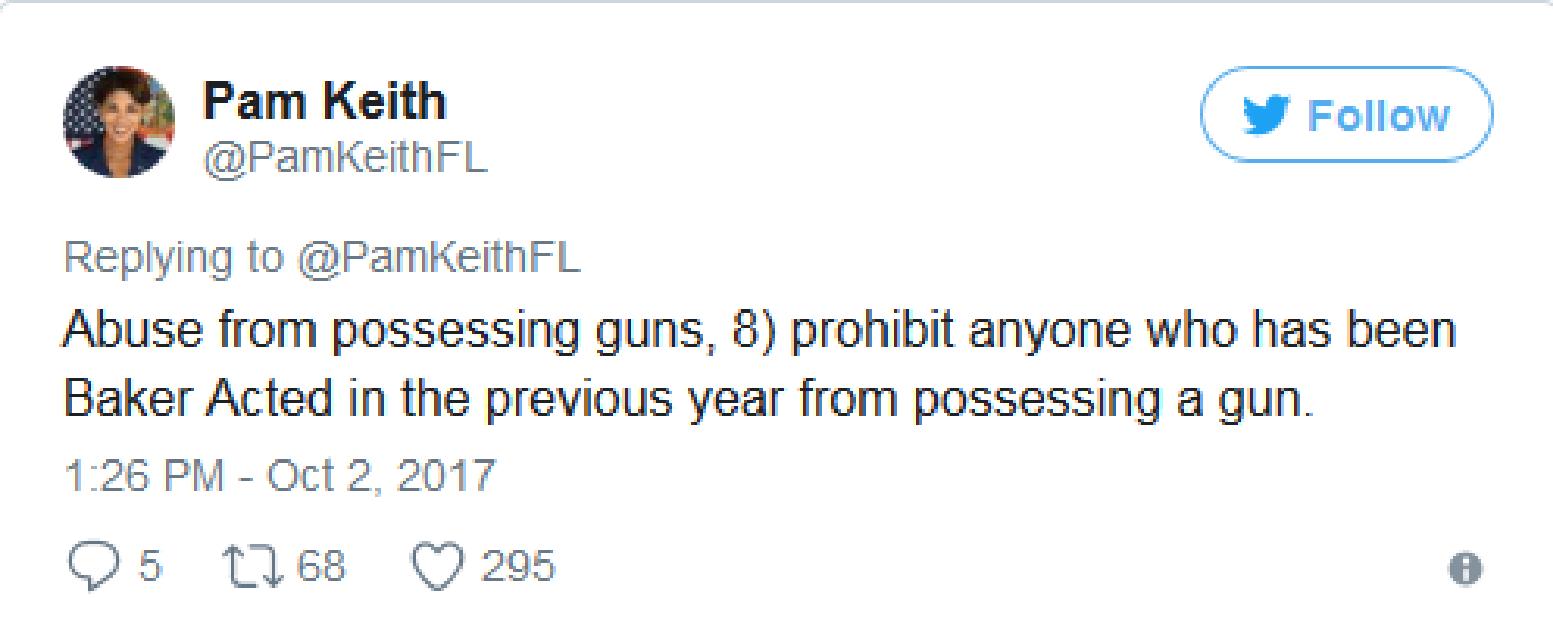The Daily Escape:

Sunrise with full moon over mountains at Morillion, France – 2018 photo by osg28
Can we justify taking away a person’s First Amendment right of free speech because of its content? Suppose it is hate speech? In the US, we hear people say: “I hate what you say, but I’ll defend your right to say it“. Is that an inviolable default position?
Wrongo has been following this issue as it plays out in Europe. From the Columbia Journalism Review:
A toxic combination of misinformation, hate speech, and online harassment is pushing several European countries to take action against social networks like Facebook, Twitter, and YouTube. But some believe their actions—however well-intentioned—run the risk of stifling free speech and putting dangerous restrictions on freedom of the press.
France, Germany, and the UK are all either discussing, or are already in the process of implementing requirements for social networks to take measures to remove, or block online hate speech, and/or harassment.
Germany in particular is a laboratory for these issues. The Guardian reports that social media firms must remove hate speech, or face fines under a law that went into force on January 1st. The law is known as NetzDG. Under the law, online platforms face fines of up to $60 million if they do not remove “obviously illegal” hate speech and other postings within 24 hours of receiving a notification. A New Year’s Eve tweet by a far-right politician was the first post to be taken down. From the Economist: (emphasis by Wrongo)
‘WHAT the hell is wrong with this country?’ fumed Beatrix von Storch to her 30,000 Twitter followers on December 31st: ‘Why is the official police page in NRW [North Rhine-Westphalia] tweeting in Arabic?’ The MP for the hard-right Alternative for Germany (AfD) party detected in the force’s multilingual new-year greeting a bid ‘to appease the barbaric, Muslim, rapist hordes of men’. The next day her tweet—and, for 12 hours, her entire account, vanished from Twitter.
In Germany, freedom of speech is considered an “inalienable human right”, and is protected under Article 5 (1) of the German constitution:
Everyone has the right freely to express and to disseminate his opinion by speech, writing and pictures and freely to inform himself from generally accessible sources. Freedom of the press and freedom of reporting by radio and motion pictures are guaranteed. There shall be no censorship.
From the Economist:
Germany’s memories of the Gestapo and the Stasi undergird its commitment to free speech. “There shall be no censorship,” decrees the constitution. Even marches by Pegida, an Islamophobic and anti-immigrant movement founded in 2014, receive police protection. But the country of Kristallnacht and the Holocaust also takes a punitive attitude to what it deems “hate speech”. Inciting hatred can carry a prison sentence of up to five years…Irmela Mensah-Schramm, a Berlin pensioner who spray-paints over swastikas and other racist graffiti, is a national hero.
The debate in Germany is whether the NetzDG law should be repealed or modified. How practical is it in an age when a tweet, Facebook post, or YouTube video can spread around the world in minutes?
But the largest question is how can countries balance the people’s legitimate right to free speech with others’ desire to be protected against harmful material? In another German case, Israeli flags were burned in Berlin in response to Trump’s recognition of Jerusalem as the country’s capital. Even with accompanying chants of “Israel, murderer of children”, local police said the act was covered by freedom of speech legislation, and was thus protected.
But should a Muslim immigrant anti-Semite in Germany be allowed to use hate speech that a native German cannot?
Facebook and Twitter have added German-fluent moderators and a few features for flagging controversial content. They have trained their moderators to cope with the NetzDG Act.
Another question is why should the giant social media firms have to regulate free speech? Is it acceptable that private US companies act as a brake on freedom of opinion and the press in Germany?
And how do we “equalize” enforcement of the Free Speech laws in the physical and cyber domains? And where does free expression cross the line between a viewpoint and hatred and incitement to violence?
Should we be ceding control of Free Speech to poorly-paid (and possibly poorly-educated) Facebook and Twitter moderators?
Finally, how will private firms create a tool that grades how hateful a Twitter post is? Who decides that something is beyond say, a seven on the scale, has crossed into hate territory, and must be deleted?


